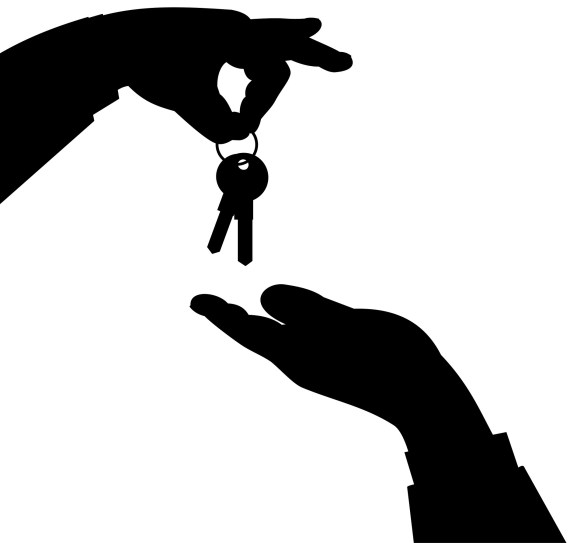 PolicyGenius quoted me in 5 Mortgage Loan Fees and Rates You Should Always Negotiate. It opens,
PolicyGenius quoted me in 5 Mortgage Loan Fees and Rates You Should Always Negotiate. It opens,
When it comes to making major purchases or financial decisions, we always hear that mantra, “Everything is negotiable.” You can haggle with the salesman when shopping for a new car, or with the hiring manager at a new job over your starting salary. It’s even possible to negotiate your tuition rates as a college student.
But a lot of the costs associated with buying a house can be difficult to negotiate down, according to mortgage advisor and author Casey Fleming.
“Appraisal, underwriter and processor are chosen by the lender, and the variation in fees is quite small,” he says. “Escrow and title services are typically chosen by the real estate agent of the seller in most areas, so the buyer has little say in what those fees will be.”
There’s also not much way around paying private mortgage insurance — you’ll need no less than a 20% down payment to avoid it.
But, you don’t need to let the non-negotiable items prevent you from bargaining for a better deal on other house-hunting costs. Here are a few fees and costs worth negotiating:
Real estate broker’s fees and commissions
From the outset, consider negotiating your real estate broker’s fees, according to Prof. David Reiss of the Brooklyn Law School, who teaches real estate finance and community development. “If 6% is standard in your community, you can look for brokers who will sell your home for 5% or less,” he says. “Be careful how low to go though, because you want your broker to be motivated enough to sell your property.”
Reiss notes that to gain the most advantage in negotiating their fees, your broker’s listing agreement should outline all the services they’ll provide you regarding advertisements, showing, and the plan in place to buy or sell the property in question.


